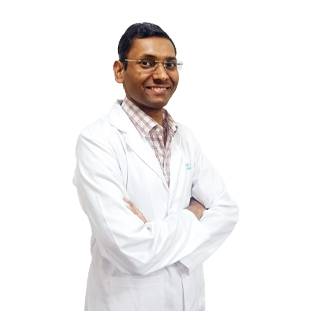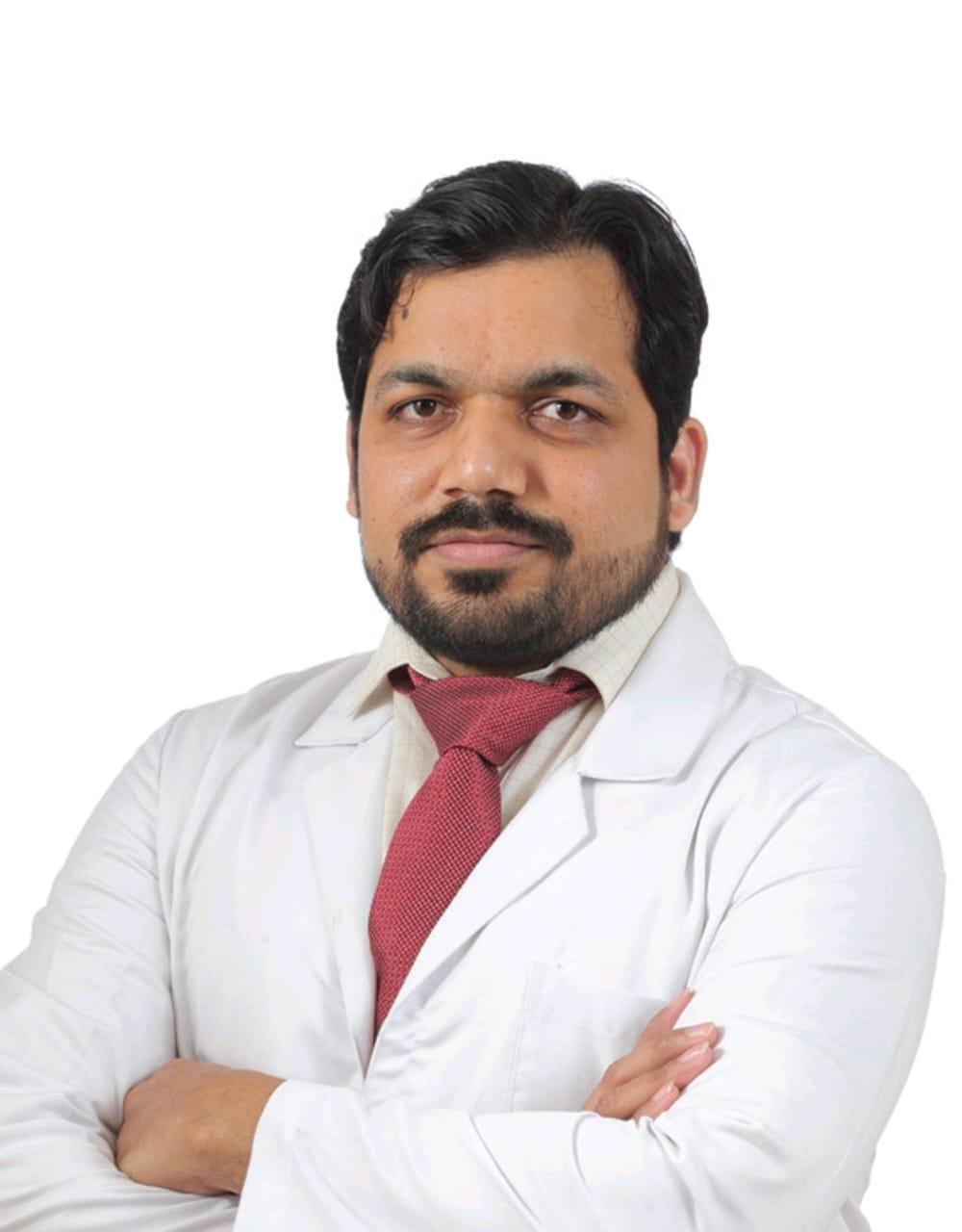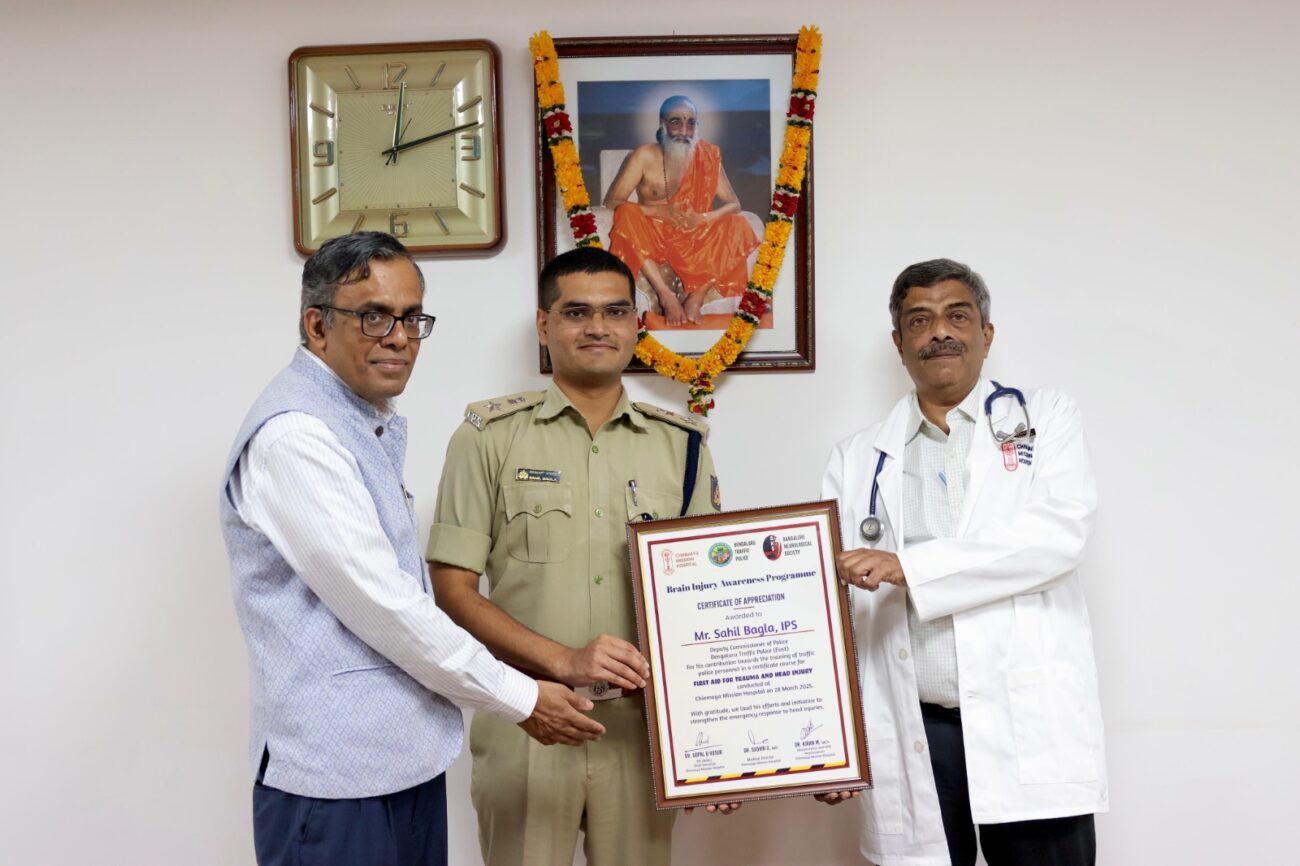Three Complex Neurovascular Conditions Treated Successfully in a Single Session
68-year-old woman from Visakhapatnam has been successfully treated for three complex neurovascular conditions in a single session. These conditions included a ruptured brain aneurysm with carotico- cavernous fistula (CCF) and a blockage in a brain

68-year-old woman from Visakhapatnam has been successfully treated for three complex neurovascular conditions in a single session. These conditions included a ruptured brain aneurysm with carotico- cavernous fistula (CCF) and a blockage in a brain blood vessel, all managed by a team led by Dr. Venkatesh Pothula, an esteemed interventional radiologist at KIMS ICON Hospital.
The patient initially presented to the Outpatient Department (OPD) with severe headache, drooping of the left eyelid, loss of consciousness, and vomiting. An MRI scan confirmed the presence of a ruptured aneurysm in the brain’s blood vessels, necessitating immediate intervention. However, the patient experienced complications shortly after admission, including a stroke and the inability to move her right leg. Further diagnostic tests revealed a blockage in a brain blood vessel.
In a remarkable display of medical expertise, Dr. Venkatesh Pothula and his team performed an emergency mechanical thrombectomy for cerebral artery occlusion and a flow diverter placement for the ruptured aneurysm. This comprehensive approach addressed both the ruptured aneurysm with CCF and the blockage in the brain blood vessel, allowing the patient to return to a normal life without further complications.
Dr. Venkatesh Pothula underscored the critical importance of timely intervention in such cases, emphasizing that such Simultaneous conditions are exceedingly rare but can occur in elderly patients. He stressed the necessity of consulting with the appropriate medical professionals at the earliest sign of symptoms, as prompt interventional radiology treatment can effectively cure these conditions without the need for open skull surgery, significantly reducing recovery time. Delayed treatment can lead to increased morbidity and mortality rates, highlighting the importance of not overlooking these symptoms and seeking medical attention immediately.
This case serves as a testament to the critical need for awareness and immediate action when symptoms of brain aneurysms and blockages arise, potentially saving lives through swift and effective interventional radiology treatment.






